Court rules on strict criteria for asylum transfers to Italy
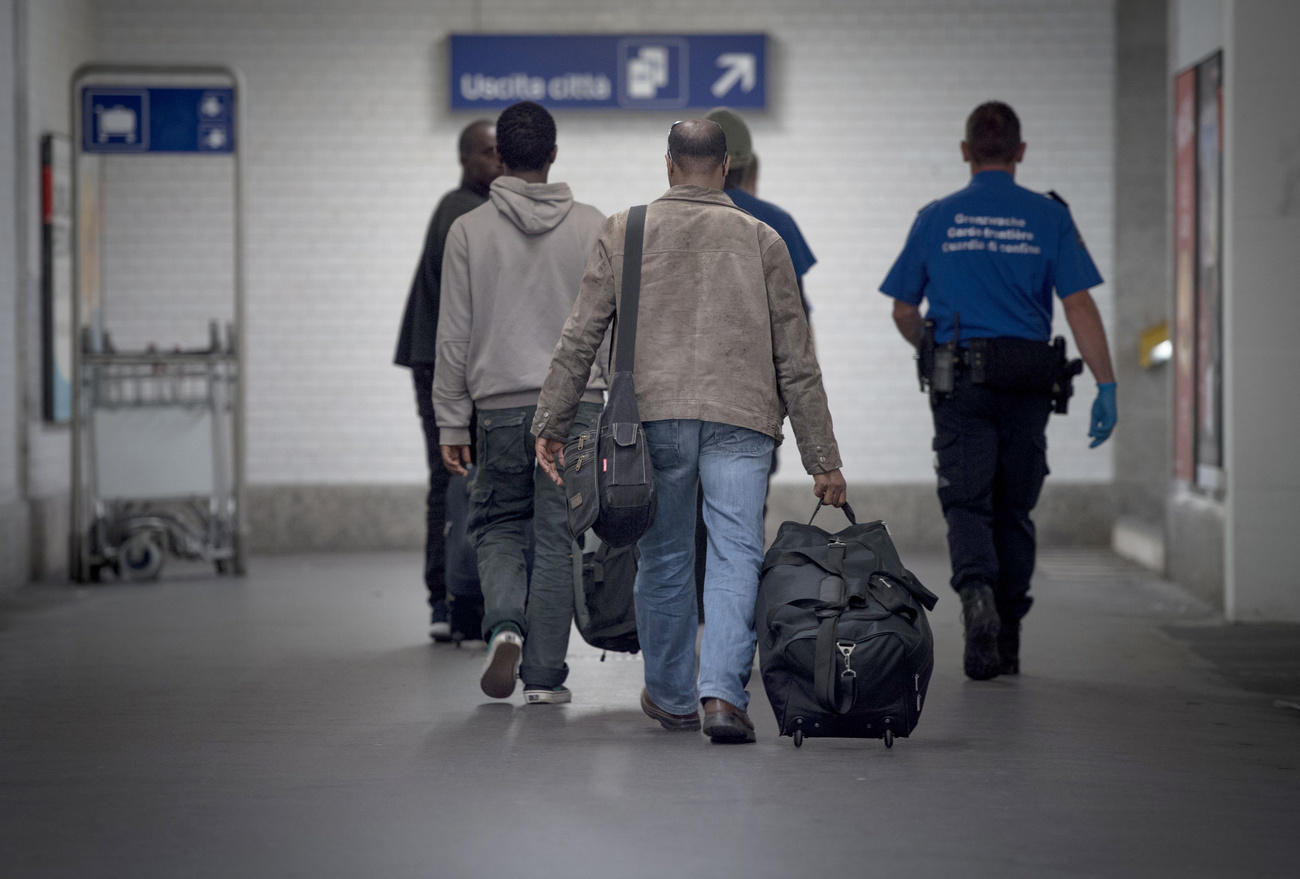
Seriously ill asylum seekers and families may only be sent back to Italy under the Dublin agreement if the Swiss have received assurances they will receive the right medical care and accommodation back in Italy, the Federal Administrative Court has ruled.
There have been mixed reactions to the decision.
The St Gallen-based courtExternal link made its decision public on Friday.External link In both cases, the Swiss asylum authorities need an individual guarantee that conditions will be met, a court statement said.
Under the Dublin agreementExternal link, to which Switzerland has signed up, asylum seekers can only claim asylum in the first European country they reach. It also allows other countries to deport asylum seekers back to the Dublin accord signatory country where they first arrived.
+ How the Dublin accords have impacted Switzerland
Salvini decree
The Federal Administative Court said its ruling was due to the Salvini decreeExternal link, named after former Italian Interior Minister Matteo Salvini, which became law at the end of November and has had “a wide-ranging impact on how asylum seekers in Italy are accommodated”.
As part of this controversial, tougher law, Dublin returnees to Italy can now only be accommodated in first-line initial reception centres, which are generally larger ones, or in temporary emergency centres, rather than in second-line centres as under the former system. These second-line centres also had measures for caring for particularly vulnerable asylum seekers such as families with children and people with severe health problems, the court explained.
‘No systematic weakness’
In its judgment, the court concluded that the entry into force of the new law meant that the Italian asylum system now presented asylum seekers with additional obstacles making it harder for them to start proceedings immediately and access support services. Standards also varied greatly from region to region. Conditions in the centres have also deteriorated across the board, particularly for vulnerable and traumatised people, it added.
But court believes that access to asylum proceedings is still guaranteed in Italy and that there is access to basic care, despite the issues. The court has therefore “reached the conclusion that the Italian asylum system has no systemic weaknesses, including following the Salvini decree, meaning that transfers under the Dublin procedure are still permissible as a basic principle,” it said.
“However, the court has opted to impose restrictions in the case of families and seriously ill asylum seekers, for whom Dublin transfers to Italy will only be permitted again if the Italian authorities give individual guarantees of adequate care and accommodation in advance,” the court stated.
It added that its judgement was final and could not be appealed at the Swiss Federal Court. The case was brought by a family from Nigeria.
Reaction: SEM
The State Secretariat for MigrationExternal link (SEM) said on Friday that around a quarter of the cases in which asylum seekers are sent back to Italy due to the Dublin agreement would be affected by the ruling. Last year, 610 people were sent back to Italy as “Dublin cases”, the SEM told the Swiss news agency Keystone-SDA.
The guarantees required by the court cannot be put into action straightaway, spokesman Lukas Rieder told Keystone-SDA. The process will have to be discussed with Italy in the coming weeks.
Until the situation has been clarified, cases highlighted by the Federal Administrative Court would remain pending, but the legal deportations already in motion would be carried out. The SEM wrote that it did not know of any ruling in Europe that called for “such detailed individual guarantees”.
Reaction: Swiss Refugee Council
The non-governmental Swiss Refugee CouncilExternal link said that it welcomed this “positive” ruling by the court. “The SRC in principle advises against transfers to Italy. The Italian asylum system presents serious shortcomings in the view of the SRC,” it told swissinfo.ch in a written statement.
It said budget cuts in the system had resulted in the accommodation situation for all asylum seekers “deteriorating greatly”. In all, 75% of asylum seekers were in temporary emergency centres. These suffered from frequent changes in management and no national overview on places or funding, the NGO said.
“There is no longer adequate accommodation available for vulnerable asylum seekers, like for example families with small children or victims of trafficking,” it said.
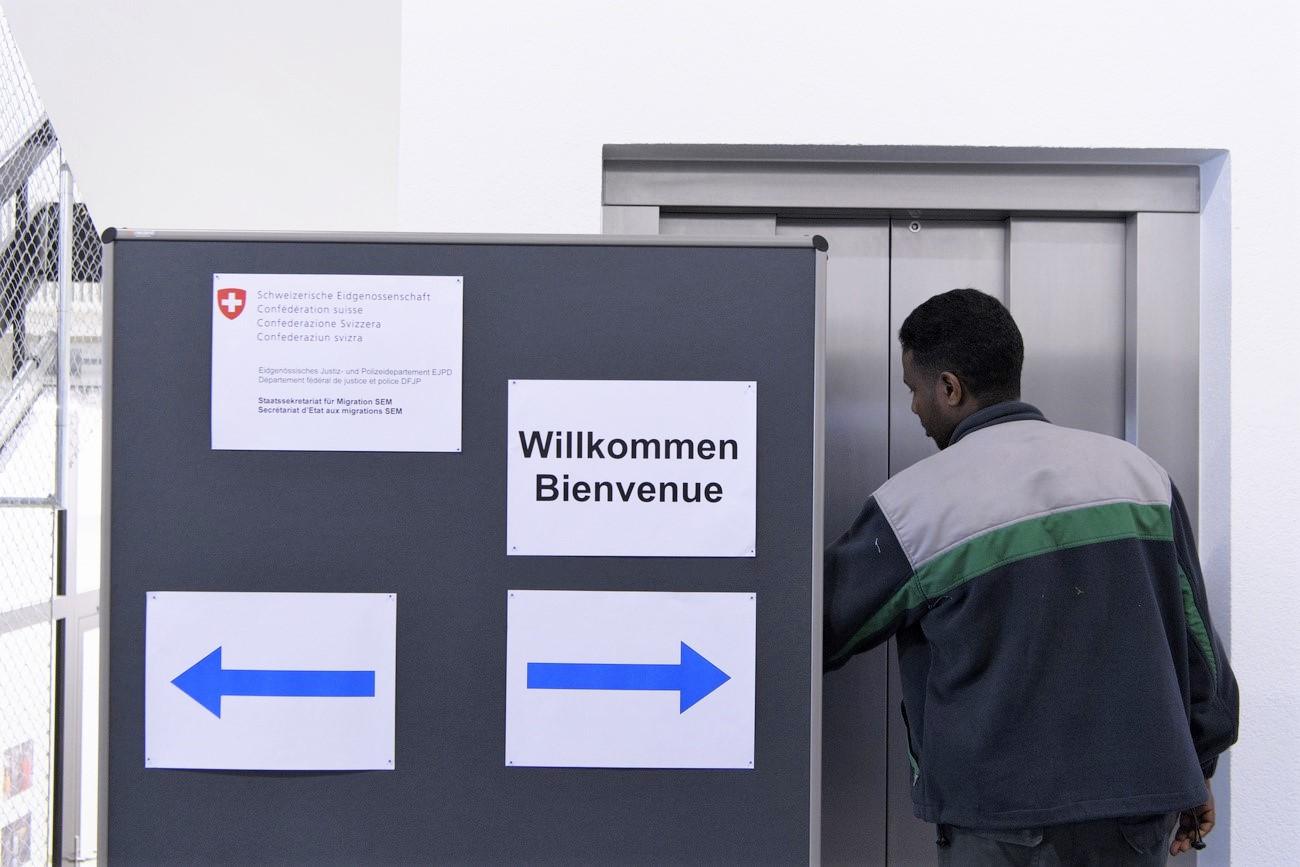
More
How well does the new Swiss asylum system work?

In compliance with the JTI standards
More: SWI swissinfo.ch certified by the Journalism Trust Initiative
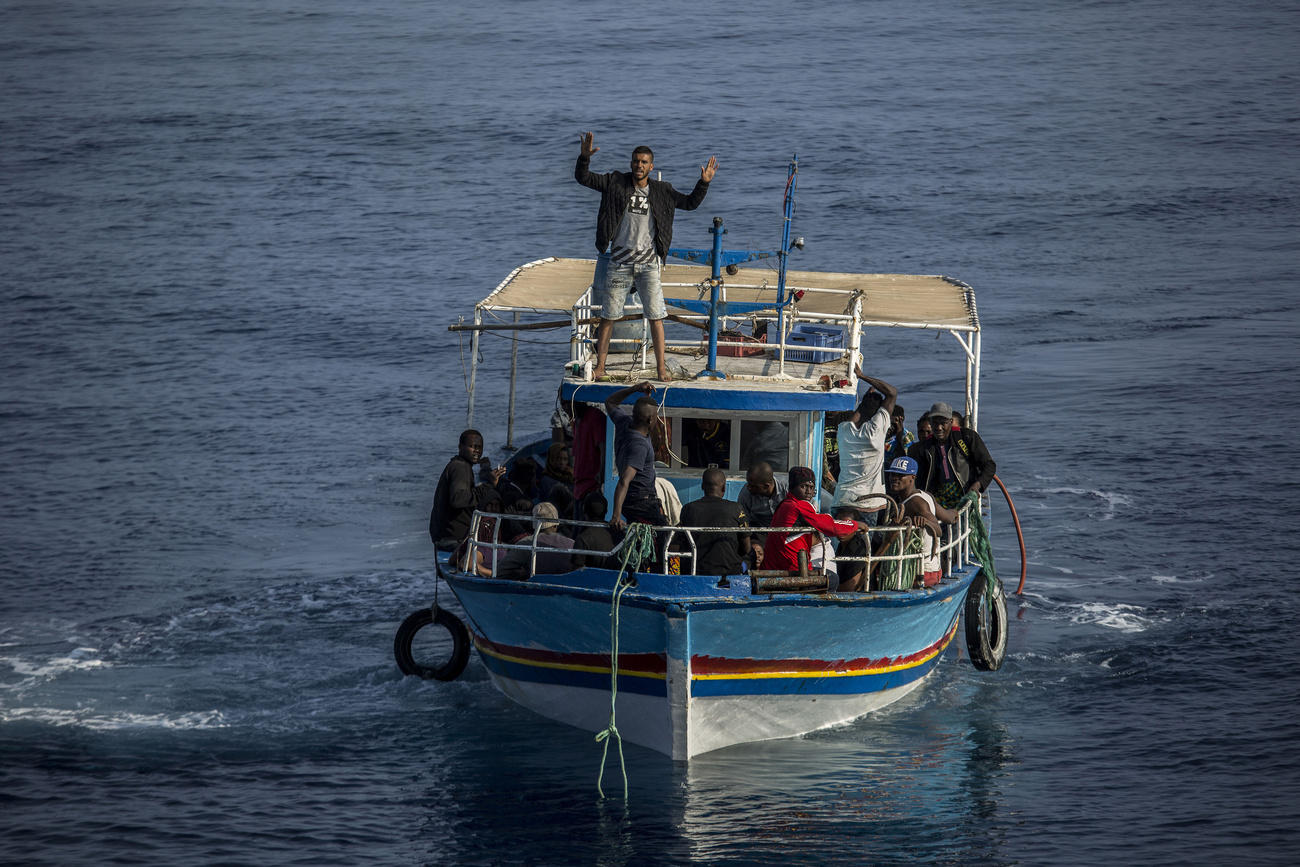
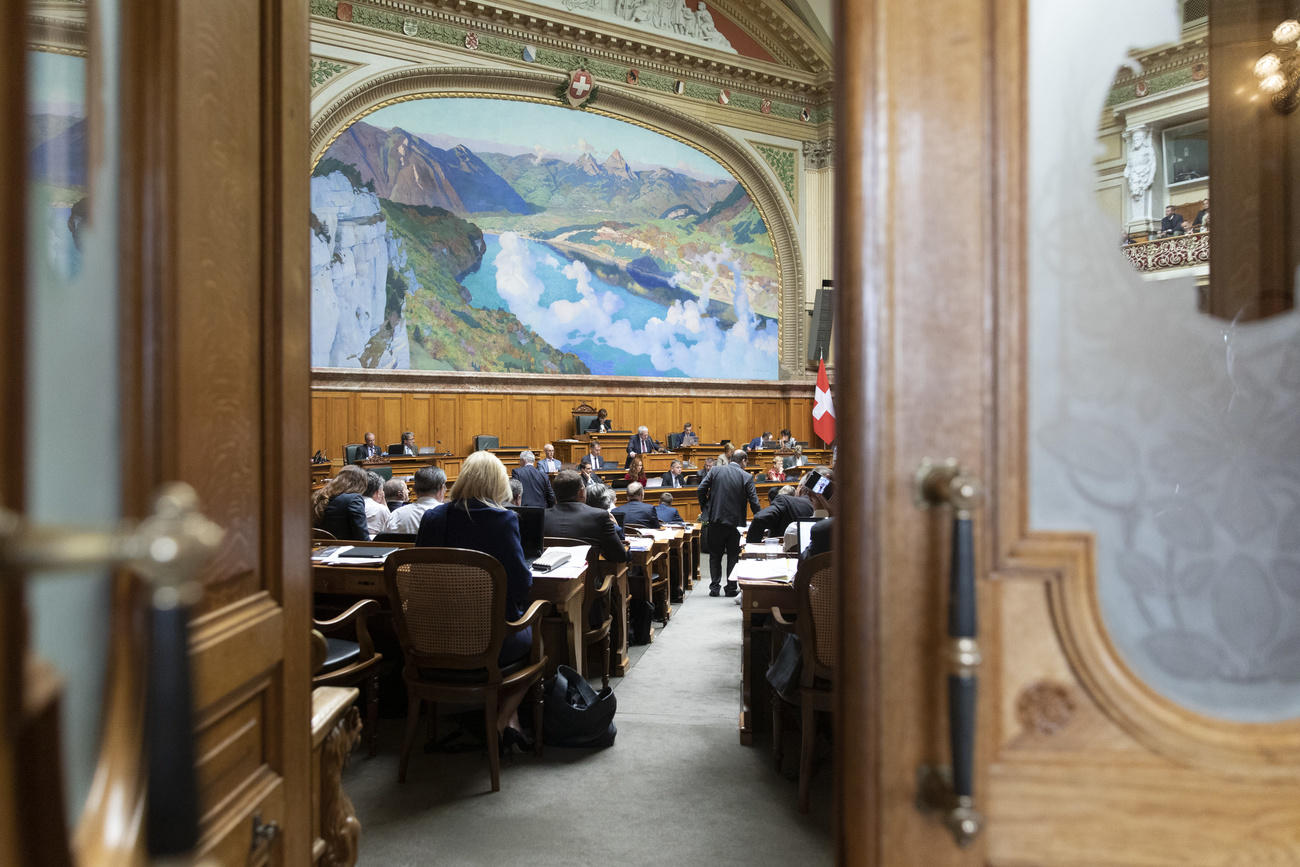
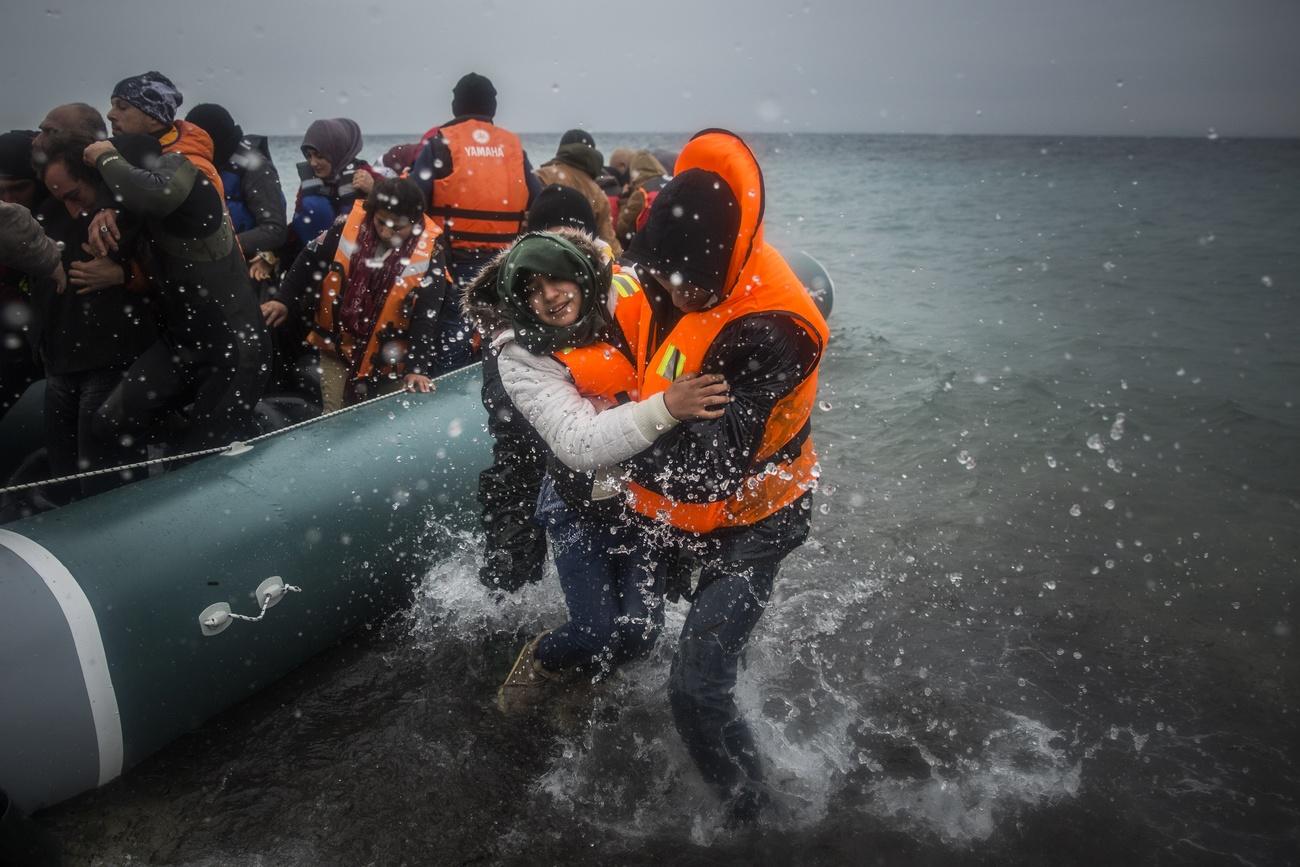

You can find an overview of ongoing debates with our journalists here. Please join us!
If you want to start a conversation about a topic raised in this article or want to report factual errors, email us at english@swissinfo.ch.